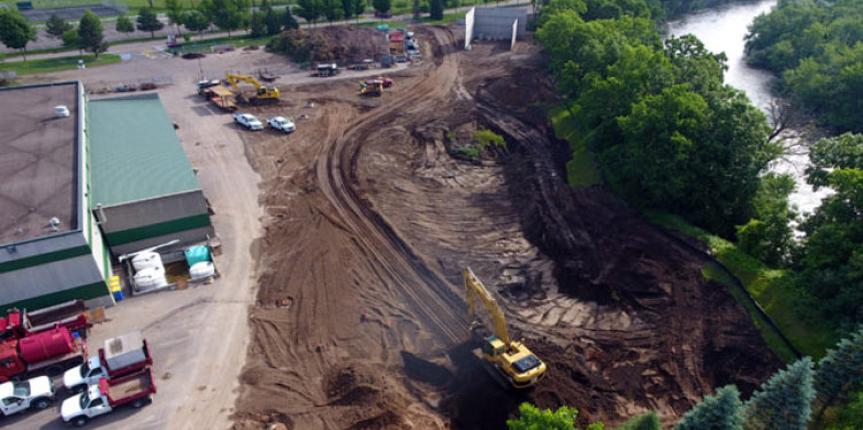
Construction is a wide term than we all understand. For a layman, construction includes laborers, material, land, and cost involved. But technically, the concept is very large. The construction of a residential building is different from a commercial building, construction of a road or a highway is different from the construction of a dam. Construction of sewage or drainage is different from the construction of a flyover and subway.
You must be wondering there may be a slight difference, but from the uses and material view, there is a huge difference in the process of construction.
Commercial construction is a much wider term, it includes offices, schools, colleges, government infrastructures, roads, highways, hotels, motels, hospitals, supermarkets, departmental stores, fitness centers, railway stations, airports, in short, it includes all the construction project for businesses.
Residential Construction vs Commercial Construction
In this article, we will focus on the difference in the process of residential construction and commercial construction. Residential construction refers to the project that involves construction project for single-owner families. Here are some major differences between residential construction vs commercial construction.
1. Use of the Project
As the name suggests, residential construction is for the construction of houses, apartments, and other structures for living purposes. On the other hand, commercial construction is for business buildings or offices or factories in a commercial site.
The construction manager has to concentrate on the need of the one family that will live in the house in the residential construction project and on the contrary, in the commercial building there may be more than one concerned individuals.
2. Materials Required
In the commercial business, there may be a chance that they undergo for a long period; therefore, for particular materials, the construction manager signs an agreement with the material dealer. This helps in the availability of the material on time as well as at a low rate.
When we talk about residential construction, some materials are essential, and some may add according to the customer’s preference and affordability. Therefore, the material for residential construction is easily available in the market. There may be options between some materials like wood or stem, this increases the cost as well, and the entire decision goes on the clients.
3. Codes and Permits Required
Be it any construction project, there are some of the codes and permits that are required to collect by the construction manager.
The code and permits are different for both commercial and residential construction projects. The codes and permits that are required for the commercial businesses are more as compared to the residential. This is because the construction takes place in a commercial site, and there are different aspects of the building’s makeup.
The codes include safety factors or certification of elevators or some advance electrical usage that may have IT concerns or parking slots or garages. The level of complexity for commercial buildings is much higher.
4. Types of Equipment required
The only difference in the equipment required is that in small residential houses, there is small equipment used, but for the larger houses and commercial buildings, heavy construction equipment is used like cranes. Also, there have to be professional skills that are required for this equipment. Only for the residential construction project, the skills required are less as required in the commercial businesses.
5. Work Speed
The main focus of the construction business is that they should complete the work within the deadline of the project. As the residential construction project is based on a single owner, there may be chances that the work speeds and deadline for the work are less than the commercial project. This is because the duration of the commercial project is more than a single residential project.
